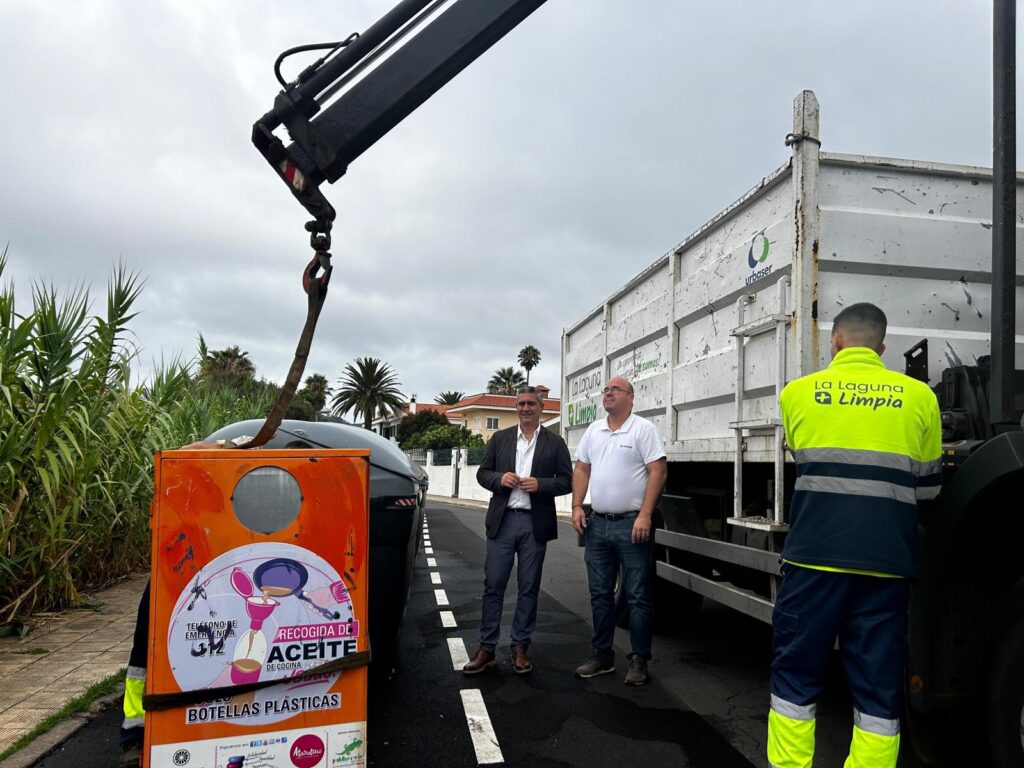
Yanes again requests that the prior appointment is not mandatory and advances that the extraordinary Housing report will be delayed until 2024
SANTA CRUZ DE TENERIFE, March 6 (EUROPA PRESS) –
The Deputy of the Commonwealth, Rafael Yanes, has urged the institutions on Monday to “eliminate” teleworking if it is detected that the productivity of workers decreases compared to face-to-face work.
In the presentation of the annual report before the parliamentary committee on the Interior, Autonomous Development, Justice and Security, he recognized that teleworking “is a modality that has environmental and family benefits” but at the same time “there is a feeling that it harms the quality of services”.
Yanes has indicated that “teleworking cannot become a labor right that harms the quality of services” because “it distances citizens” from the public administration and understands that “this debate must be opened” with the participation of the administration itself, unions and citizens themselves.
In this sense, he has commented that it cannot be accepted that the service is not provided to the citizen because the worker who must provide it is teleworking that day and for this, he has asked the administrations that through the List of Jobs of Work (RPT) clearly establishes which positions are likely to access teleworking.
The Deputy of the Common has recognized that it is a “sequel” of the pandemic, like the previous appointment, which in his opinion, “cannot be mandatory” because the mechanisms that are needed “are not guaranteed for the entire population”.
In his opinion, “it is advisable but not mandatory because it marginalizes a sector of the population.”
Yanes has taken advantage of his appearance to defend the “serious, honest and independent” work of the institution throughout the Legislature, and which closed last year with 2,925 complaints, which represents an increase of 63% in 5 years, although lower than the previous year, which had an “unusual” figure of 3,671.
He has said that they are “moderately satisfied” with their work, with 67% of resolutions favorable to citizens and “very little satisfied” with the level of response from public administrations that “systematically fail to comply” with the legal response of 15 days, although there has been no need to sign obstruction statements.
He has also warned that “many mayors complain that they do not have national qualifications” to answer matters of a certain legal complexity given that of 233 positions only 28% are covered in local corporations.
Along these lines, he has pointed out that there are many town halls that do not have a secretary, which is why the Fecam has requested the convening of a reserve list and expedite appointments.
MODIFY LAW OF BASES OF LOCAL REGIME
However, he believes that “the appropriate thing” is to modify the law on the bases of the local regime so that the autonomous community convenes places for its territory, something that “is nothing new” since it is practiced by the Basque Country and on the island there are ” sufficient and more consistent reasons”.
Yanes has also pointed out that for the first time animal welfare appears among the first demands of the citizens, which reflects a “modification” of citizen concern while once again highlighting the will of the Provincial Council to make an extraordinary report on the housing situation on the islands.
He has indicated that the proposal has been “well received” by the administration since all the councils have already responded, as have half of the city councils.
The objective is for the report to be completed by the end of the year or in 2024, since it is a question of carrying out a “conscientious” study that allows obtaining proposals that “are useful”.
The Diputación del Común has endorsed the Housing Plan 2020/2025 and requests that “deadlines be met”, stressing that inspection must also be improved to “eliminate fraudulent practices” such as “clandestine sales, illegal occupations or subleasing”.
Regarding disability, he lamented the delays in assessment and degree reviews, since the legal three months “have become 39 months” and regarding dependency, he has remarked that complaints have fallen by 36%, although it continues to be the area “that more has”.
Yanes has recognized that management has improved but has not ignored that it is still “at the tail” in a multitude of parameters -although in access to economic benefits the archipelago occupies seventh place–.
STUDY COMMISSION ON CAREGIVERS
He has also called for the approval of the national plan for the caregiver, about which “much has been said and little has been done”, and for the creation of a study commission on caregivers in Parliament, as agreed in the Congress of Date of 2022.
He has also commented that the improvement in health waiting lists is “insufficient” because they are “manifestly improvable” and as regards the third sector, he has warned that its economic stability must be guaranteed because “without the third sector there is no welfare state”.
For this reason, he has proposed anticipating the calls for 0.7% of personal income tax so that the money “arrives before” starting the projects and also studying the possibility of undertaking multi-year initiatives and that the collective agreement of the sector is respected.
Regarding minors, he regretted that the second plan for childhood and adolescence has not yet been drawn up, nor has the law for comprehensive care for minors been reformed, and in gender violence, he has commented that “more than half of the complaints” are due to the operation of the administrations, with delays in expert reports that the judicial operators themselves complain about.
Yanes has also warned that in the Canary Islands there are 761 girls between the ages of zero and 14 who are at risk of female mutilation “and there is no proper prevention protocol”, the same thing that occurs with victims of trafficking.
















